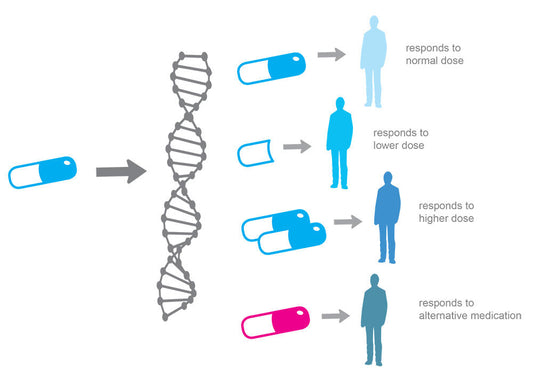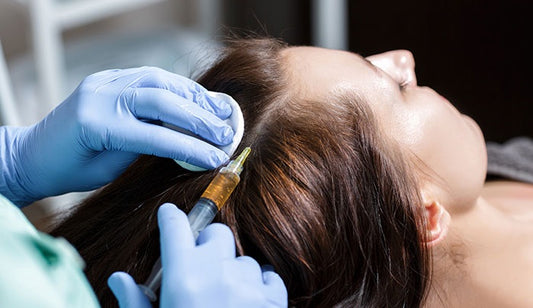Alopecia and Genetics: How Knowing Your DNA Can Help You Find the Right Treatment
Do you suffer from hair loss and have been trying various treatments with little success? You may be surprised to learn that a simple DNA test could hold the key to finding the optimal treatment for your alopecia.
Recent research has shown that more than 60% of current treatments for alopecia would be different if the prescriber had access to the patient's DNA information before making a treatment recommendation. This is because genetic testing can reveal valuable information about how a person is likely to respond to different treatments.
Alopecia is a common condition that affects millions of people worldwide. It is characterized by hair loss, which can occur on the scalp, face, or other parts of the body. There are several different types of alopecia, each with its own set of symptoms and causes. Some types of alopecia are caused by genetic factors, while others are related to autoimmune disorders or other medical conditions.
The current treatments for alopecia include topical and oral medications, hair transplant surgery, and other therapies. However, not all treatments work equally well for everyone, and finding the right treatment can be a frustrating and time-consuming process.
This is where genetic testing comes in. By analyzing a person's DNA, scientists can identify specific genetic markers that are associated with alopecia and its various subtypes. They can also determine how a person is likely to respond to different treatments based on their genetic makeup.
For example, some genetic markers have been linked to an increased risk of developing alopecia areata, a type of alopecia that is caused by an autoimmune disorder. By identifying these markers, doctors can better predict which patients are likely to benefit from immunosuppressive therapies, such as corticosteroids.
Other genetic markers have been linked to a higher likelihood of success with topical treatments, such as minoxidil, while others may indicate a better response to hair transplant surgery or other procedures.
Overall, genetic testing holds great promise for improving the diagnosis and treatment of alopecia. By using this technology, doctors can better tailor their treatment recommendations to each individual patient, increasing the likelihood of successful outcomes and reducing the need for trial-and-error treatments.
If you are struggling with hair loss and have not had success with traditional treatments, it may be worth considering genetic testing to help guide your treatment options. Talk to your doctor or a genetic counselor to learn more about this exciting new approach to treating alopecia.


















